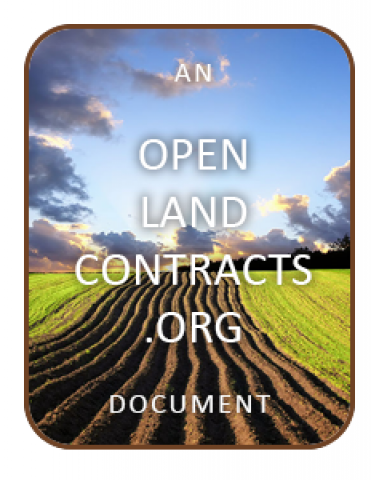Domesticating wild fruit trees
Ann Degrande of ICRAF in Cameroon tells Martha Chindong how families can benefit from cultivating wild fruit tree species near their homes.
Restoring lost land in Cameroon
Researcher Oscar Eyog Matig explains how intercropping of trees and cereal crops, combined with water harvesting, has restored degraded land in north Cameroon.
Slash and burn agriculture in the humid forest zone of Southern Cameroon: soil quality dynamics, improved fallow management and farmers' perceptions
FAO/ITTO Expert Consultation on Criteria and Indicators for Sustainable Forest Management
The Expert Consultation on Criteria and Indicators for Sustainable Forest Management (ECCI-2004) was organized by the Forest Management Bureau of the Philippines, the Food and Agriculture Organization of the United Nations and the International Tropical Timber Organization and convened in Cebu City, Philippines, from 2 to 4 March 2004.
National forest inventory field manual - Template
This field manual contains definitions and procedures used to plan and perform a national forest inventory and assessment following the approach developed by the Forest Resources Assessment programme (FRA) of the FAO.
Appropriate water-lifting technologies in West Africa
Tigerpaper/Forest News
A quarterly news bulletin dedicated to the exchange of information relating to wildlife and national resources management for the Asia-Pacific region.
Compagnie Forestière du Cameroun, Yokadouma and Moloundou, UFA 10-001-2-3-4, Attestation de Mesure, 2004
This is a Attestation de Mesure posted on OpenLandContracts.org. It lists Timber (Wood) as the primary resource(s)
Société Transformation REEF Cameroun, N° 1029, UFA 00-004, Contrat de Concession Forestière, 2004
This is a Contrat de Concession Forestière posted on OpenLandContracts.org. It lists Timber (Wood) as the primary resource(s)
Legal frameworks and access to common pool resources
In recent years, local people and rural communities have assumed increasing prominence in strategies for natural resource management.This paper briefly reviews some of the central legal issues that are associated with this shift. In doing so, its goals are limited.
Is forced displacement acceptable in conservation projects?
Over ten million people have been displaced from protected areas by conservation projects. Forced displacement in developing countries is a major obstacle to reducing poverty. It should no longer be considered a mainstream strategy for conservation and only applied in extreme cases following international standards.





